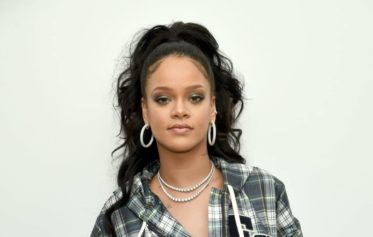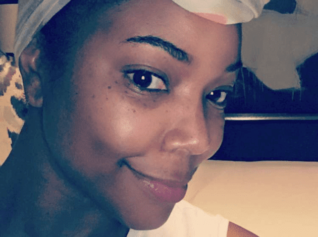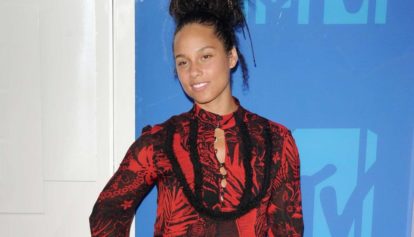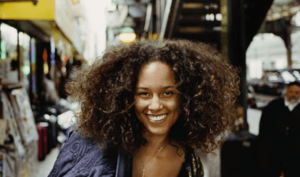
Alicia Keys (“The Edit” magazine)
Alicia Keys revealed she doesn’t allow her young sons to watch classic Disney films because of their stereotypical gender roles.
In an interview with The Edit magazine, the makeup-free singer mentioned her new method of relaxation – meditation – shaped the way she interacts with her children.
“I feel like it’s by design that I’m raising boys,” she said of her sons, 6-year-old Egypt and 10-month old Genesis. “Like, there’s a reason. I really feel that.”
Then, Keys described that her philosophy focuses on avoiding misogynistic and sexist imagery in iconic Disney movies like Snow White.
“I get real funky about the classics. I don’t like [my sons] watching it,” the 35-year-old said of the film. “It’s totally sexist, misogynistic – she’s cleaning for seven dwarfs. There’s nothing wrong with a woman who chooses to stay at home with her family, it’s a hard job, but it’s the way it’s spoken about.”
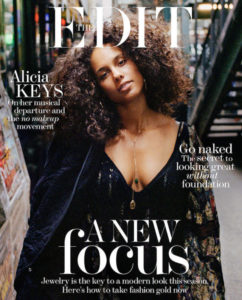
Alicia Keys (“The Edit” magazine)
However, Keys’ focus on the misogynistic and sexist messages doesn’t acknowledge the racist imagery also plaguing Disney films.
Atlanta Black Star reported several classic films by the animation giant poorly depict Black people. They include Dumbo’s “jive-talking” crows in 1941 and The Jungle Book‘s King Louie and monkeys’ clear portrayal as Black people in 1967. Plus, a newer example exists in The Little Mermaid’s “Duke of Soul” fluke fish in 1989.
Still, newer Disney films display women as more well-rounded individuals. Although it is a princess film, Brave depicts an independent heir who defies her kingdom’s custom for marrying.
But for every improvement Disney makes, another mistake occurs. In 2015, the company announced plans for The Princess of North Sudan, a film which centers on a Virginia father who claims an area of land between Egypt and Sudan as his own so that his daughter can fulfill her wish of becoming a princess. The project resulted in a resounding outcry over the celebration of colonialism. And even though 2009’s The Princess and The Frog featured a Black princess, the movie featured racist undertones, including a theme of voodoo.
